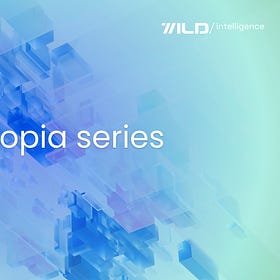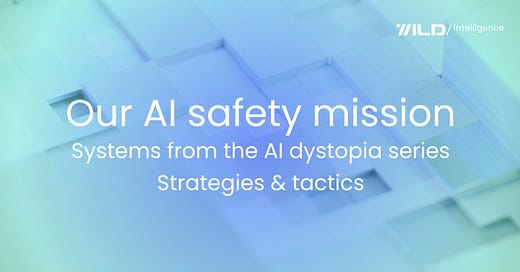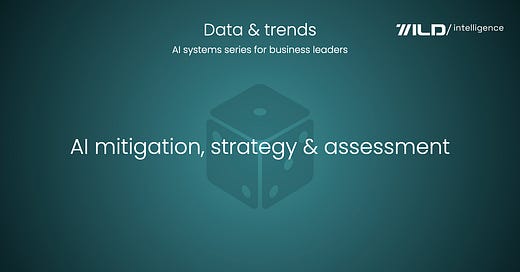
📨 Weekly digest: 44 2024 | The hidden prejudice of AI: why algorithms can be more biased than humans
The algorithmic bias bomb | AI this week in the news; use cases; tools for the techies

👋🏻 Hello legends, and welcome to the weekly digest, week 44 of 2024.
The prejudices of our past taint the very algorithms we are building to reshape our world.
LLMs trained on massive datasets reflecting existing societal biases can inadvertently perpetuate and even amplify discrimination, particularly against marginalized groups.
This is not a mere technical glitch but a reflection of our deeply ingrained societal prejudices seeping into the very core of our technological creations.
Imagine an AI-powered hiring system that favors specific demographics over others, perpetuating existing inequalities in the workplace.
Or a loan application algorithm that systematically denies credit to individuals from specific communities, reinforcing historical patterns of economic disadvantage.
These are not hypothetical scenarios but the potential consequences of deploying biased AI systems in critical decision-making processes.
We must grapple with the question: Can we truly create a just and equitable society if the tools we use to shape it are inherently biased?
This is not simply a matter of technical fairness but a fundamental question of social justice.
We cannot allow our technological advancements to become instruments of oppression, further marginalizing those who have already been historically disadvantaged.
We must demand greater transparency and accountability in developing and deploying LLMs. This includes:
Careful curation of training data: Datasets must be meticulously examined and corrected to mitigate biases.
Algorithmic auditing: Independent audits should be conducted to identify and address potential biases in AI systems.
Explainability and interpretability: We must understand how LLMs make decisions to identify and rectify discriminatory outcomes.
Diversity and inclusion: The teams developing AI systems must be diverse and representative of the communities they serve.
By taking these steps, we can strive to create AI systems that promote fairness and equity rather than perpetuating past prejudices.
The future of our society depends on it.
True algorithmic fairness may be an unattainable goal.
Instead of striving for an impossible ideal, we should focus on developing mechanisms for accountability and redress when AI systems inevitably produce biased outcomes.
What do you think?
I am looking forward to reading your thoughts in a comment.
Happy days,
Yael et al.
This week’s Wild Pod episode
The algorithm’s bias | Episode 5, The Wild Intelligence Podcast
How can we ensure AI algorithms make fair decisions and avoid perpetuating societal biases?
This week’s Wild Chat
🦾 AI elsewhere on the interweb
#Anthropic has released a beta version of its AI model that can control your screen and perform tasks within apps. This agent-based approach puts the user in charge of defining tasks and checking accuracy. A key question raised is whether LLMs should be the primary interface or act as supporting API calls within a larger system. [LINK]
#Microsoft has added a layer of ‘autonomous agents’ to some of its enterprise tools, and Salesforce is promoting the same. New autonomous agents scale your team like never before. [LINK]
#Perplexity aims to replace traditional search engines by directly answering user queries and using LLMs to summarize relevant web pages. While it boasts over 100 million weekly queries, this translates to roughly 1.5 million daily users, suggesting a niche but growing user base. [LINK]
Fast access to our weekly posts
📌 Case study: AI just helped someone sue their landlord without a lawyer
🎲 Enterprise AI and trust: building confidence through safety and transparency
🎯 How to build with AI agents | The tech stack of virtual agents
📮 Maildrop 29.10.24: The future of LLM-powered keyloggers (slides inside)
🚨❓ Who controls the future? The AI power grab and its societal impact
Previous digest
📨 Weekly digest
Thank you for being a subscriber and for your ongoing support.
If you haven’t already, consider becoming a paying subscriber and joining our growing community.
To support this work for free, consider “liking” this post by tapping the heart icon, sharing it on social media, and/or forwarding it to a friend.
Every little bit helps!










